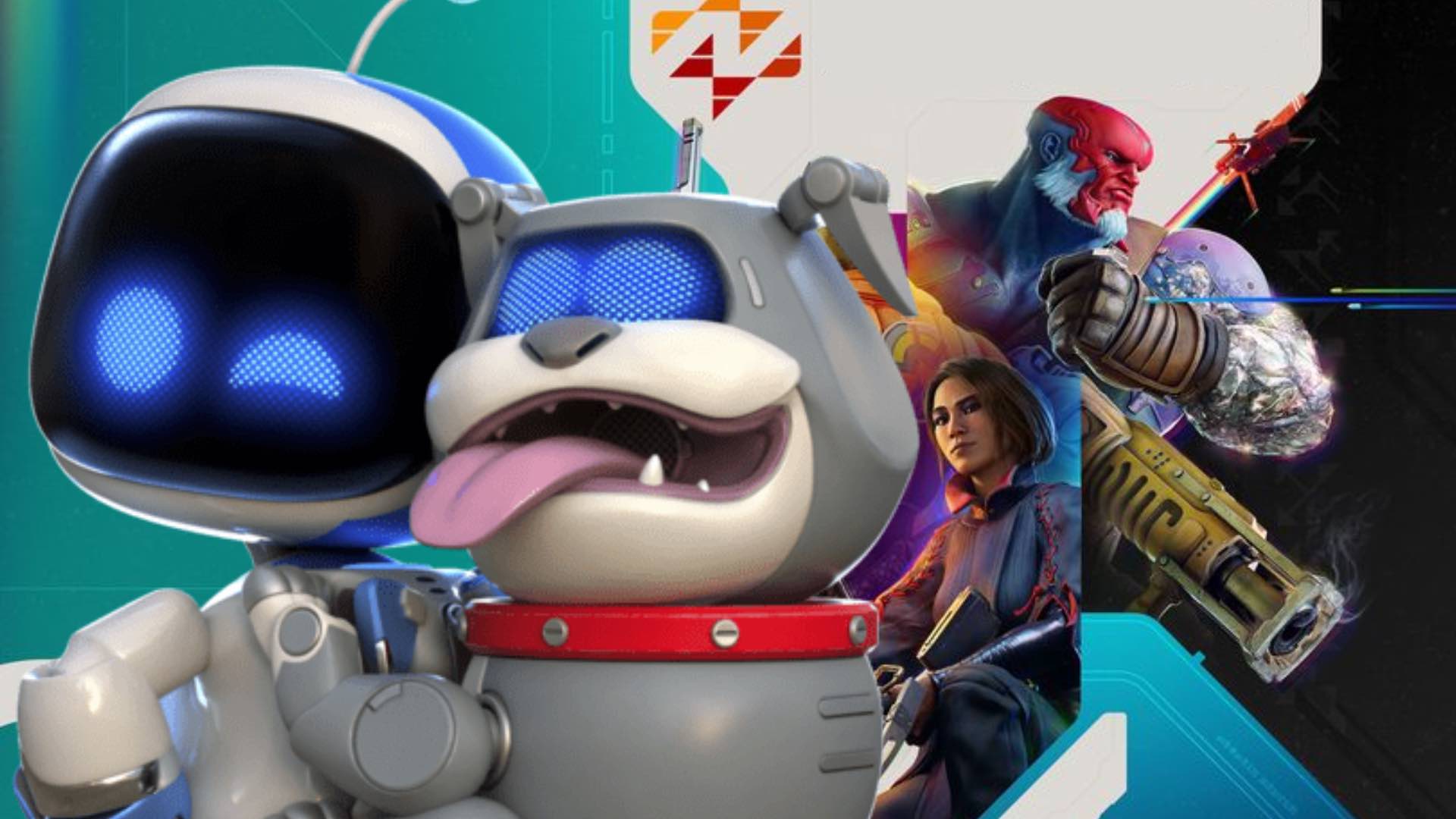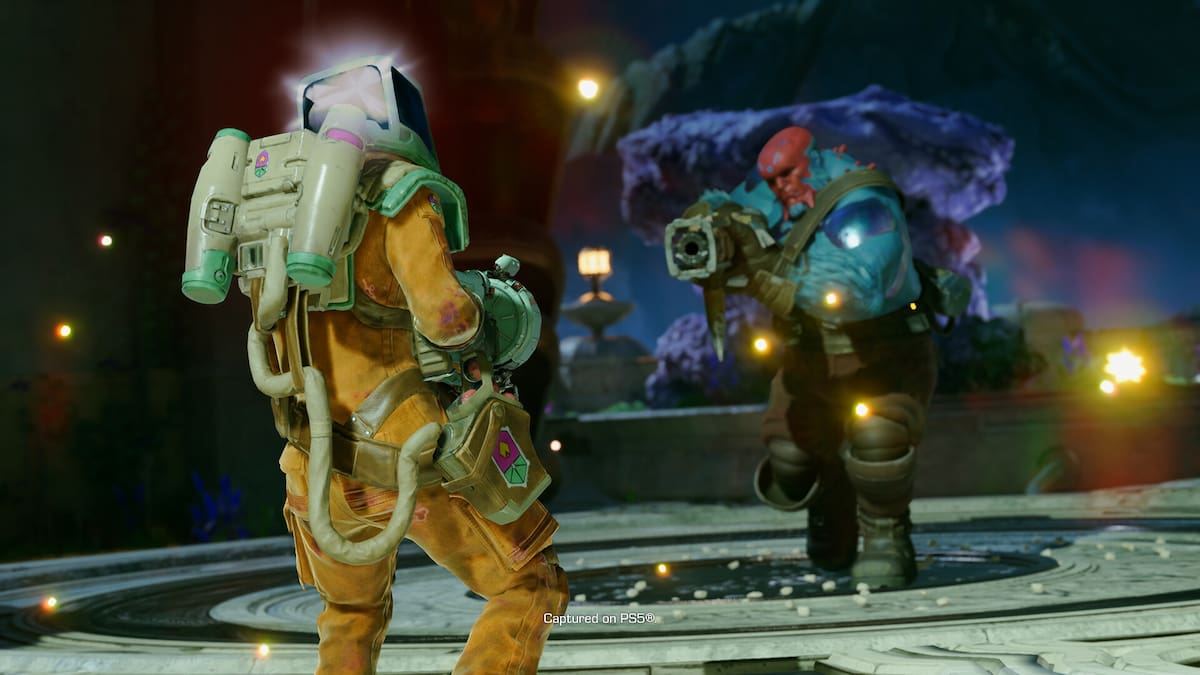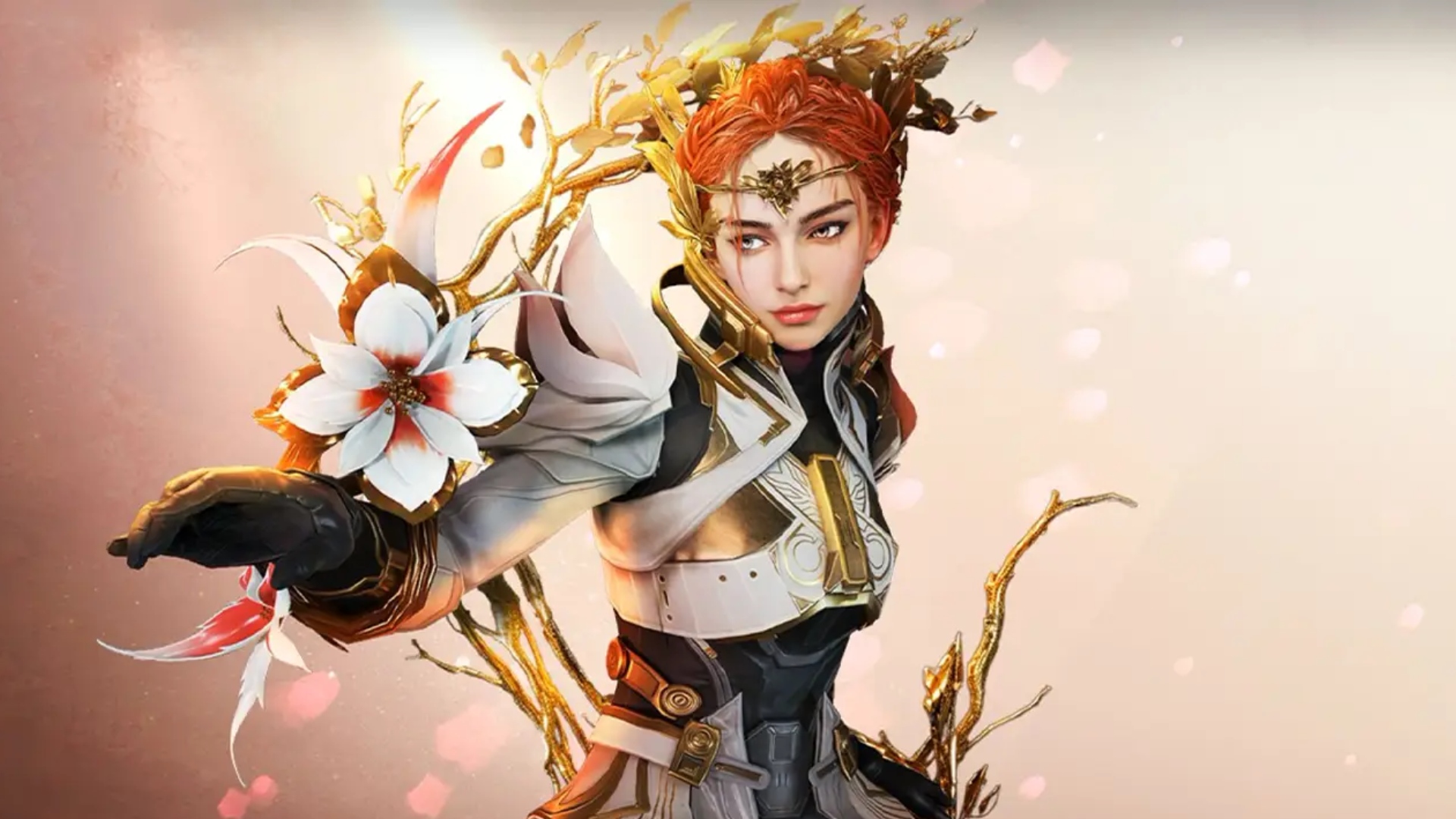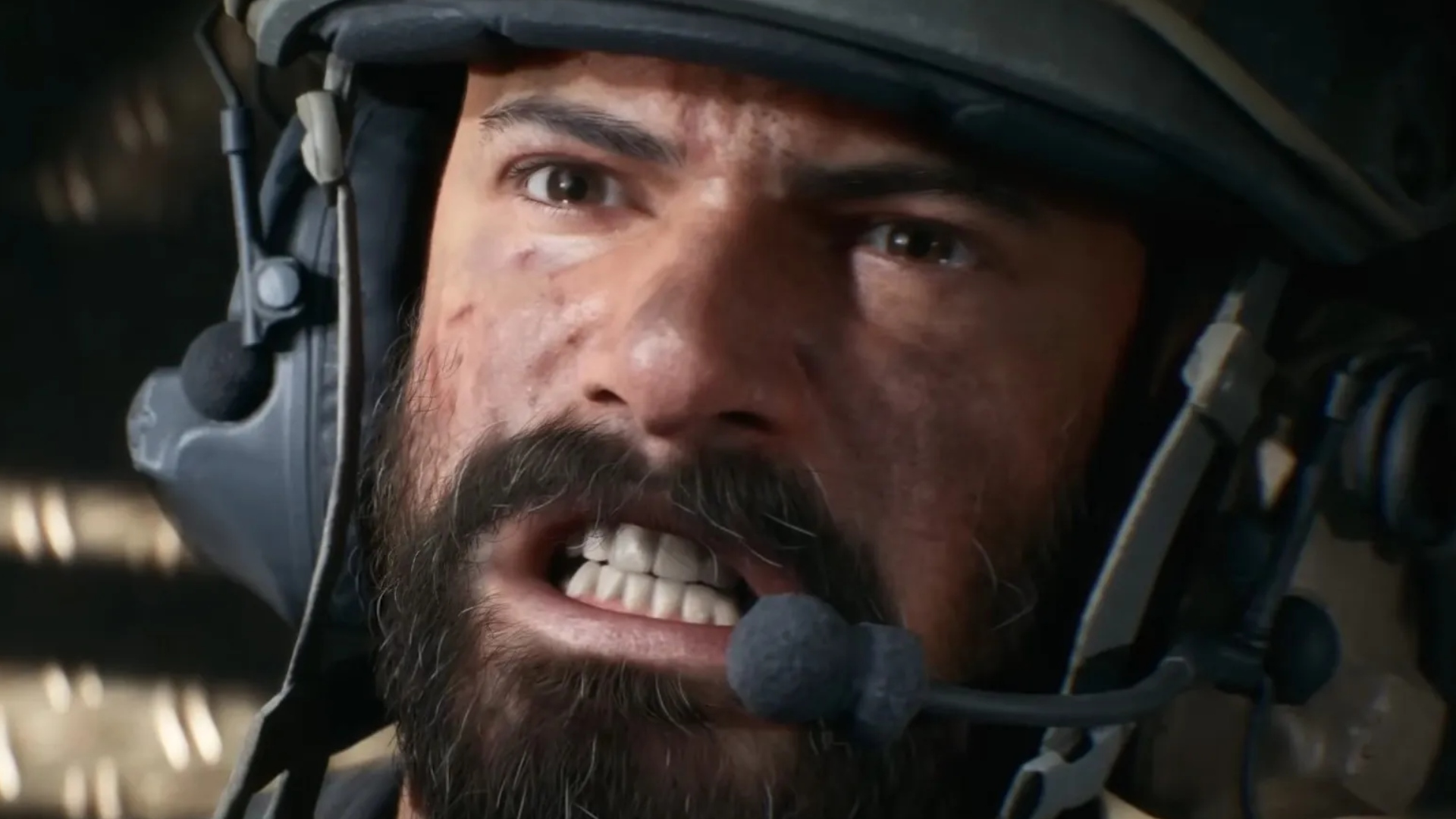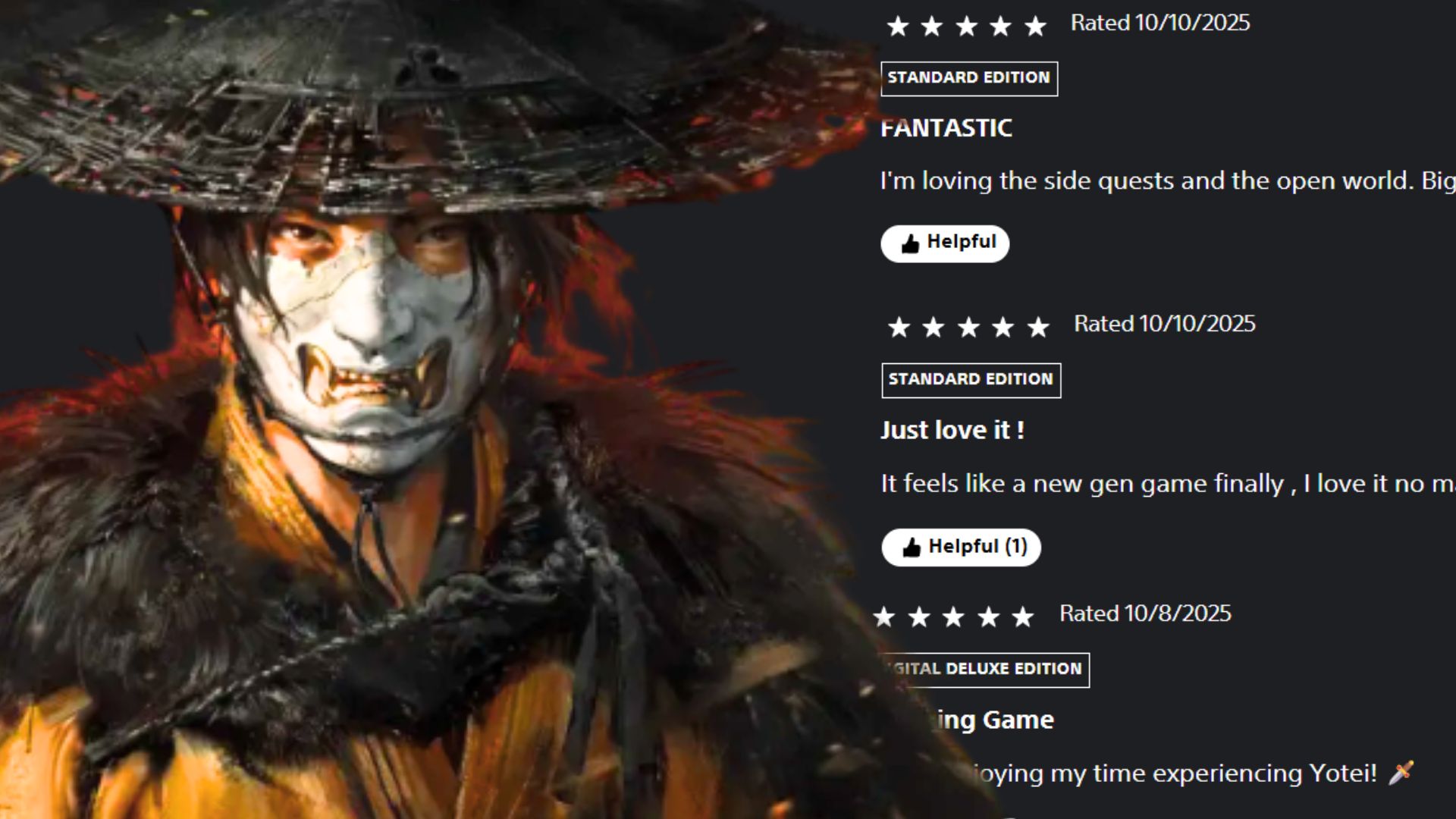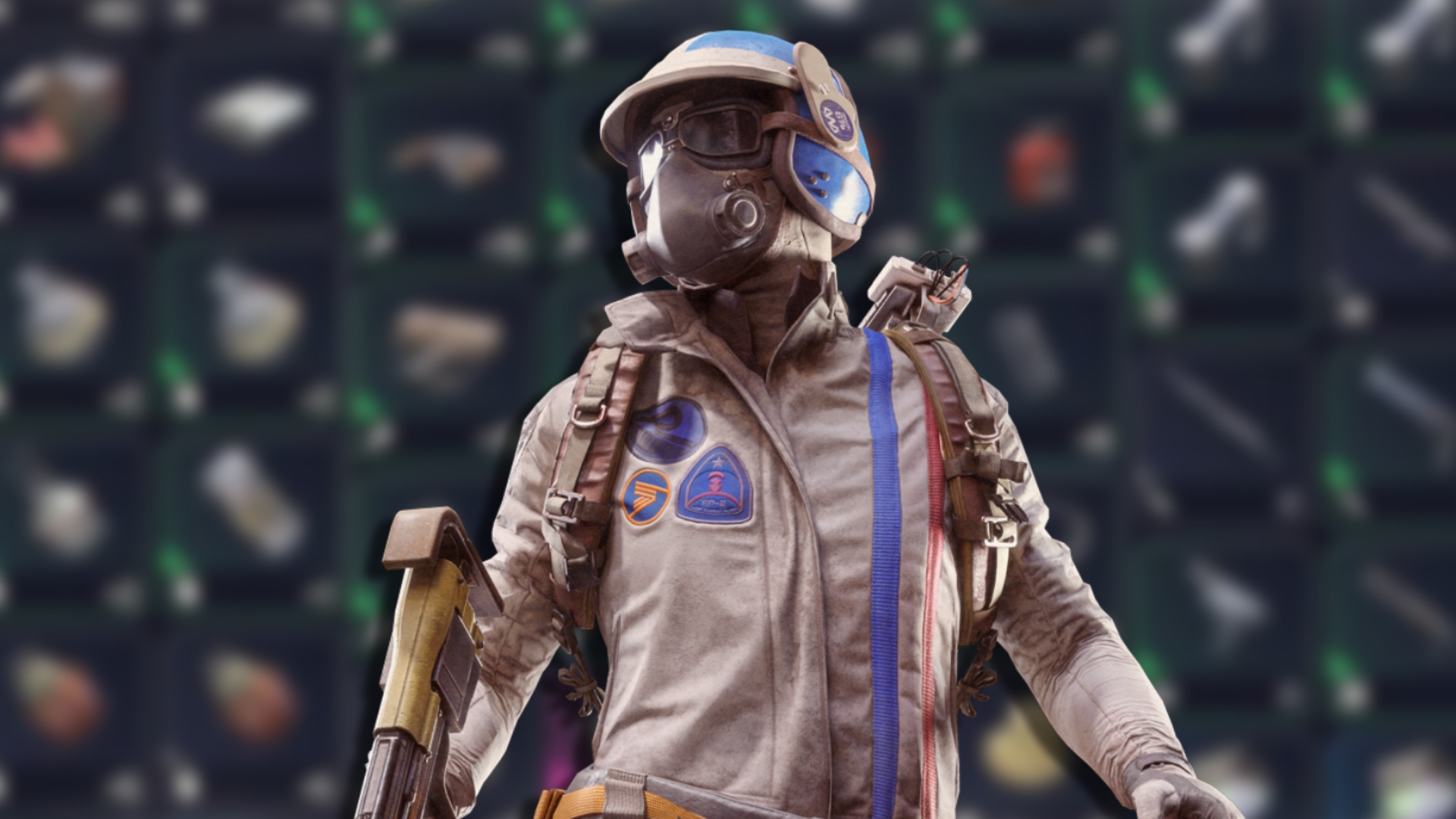You can trust VideoGamer. Our team of gaming experts spend hours testing and reviewing the latest games, to ensure you're reading the most comprehensive guide possible. Rest assured, all imagery and advice is unique and original. Check out how we test and review games here
Firewalk Studios’ Concord was a unique failure with the game being removed from sale after just two weeks despite not being a terrible game.
While PlayStation Studios has doubled down on its live service plans, the company is pushing its internal first-party studios to conduct more focus testing on its games to ensure another high-profile failure doesn’t happen.
PlayStation Studios pushes the blame to devs
In an interview with the Financial Times, PlayStation CEO Hermen Hulst explained that there will be “much more rigorous and more frequent testing” of first-party games to ensure there’s no chance of another Concord.
“I don’t want teams to always play it safe,” Hulst told the outlet. “But I would like for us, when we fail, to fail early and cheaply.”
PlayStation reportedly spent over $250 million developing Concord over the years, and it’s not the only mistake. Alongside the high-profile failure, first-party studio Naughty Dog also spent untold millions on the development of The Last of Us Online before scrapping the project.
Discussing the failures, Hulst said that “the advantage of every failure . . . is that people now understand how necessary that [oversight] is.”
Jason Connell, the art director behind PlayStation’s upcoming first-party adventure Ghost of Yōtei, also backed the initiative.
“If we’re heading towards a giant landmine, like there’s another studio making exactly the same game, that’s good information,” Connell explained.
Additionally, PlayStation is now more focused on its existing, internal IP instead of taking huge swings with new ideas. Following Concord, Hulst is pushing PlayStation Studios to focus on making existing series bigger and better, pointing to the success of Astro Bot after multiple games.
“We take a very intentional approach to IP creation . . . understanding how a new concept can turn into an iconic franchise for PlayStation,” Hulst said. “That can then again become a franchise for people beyond gaming.”
